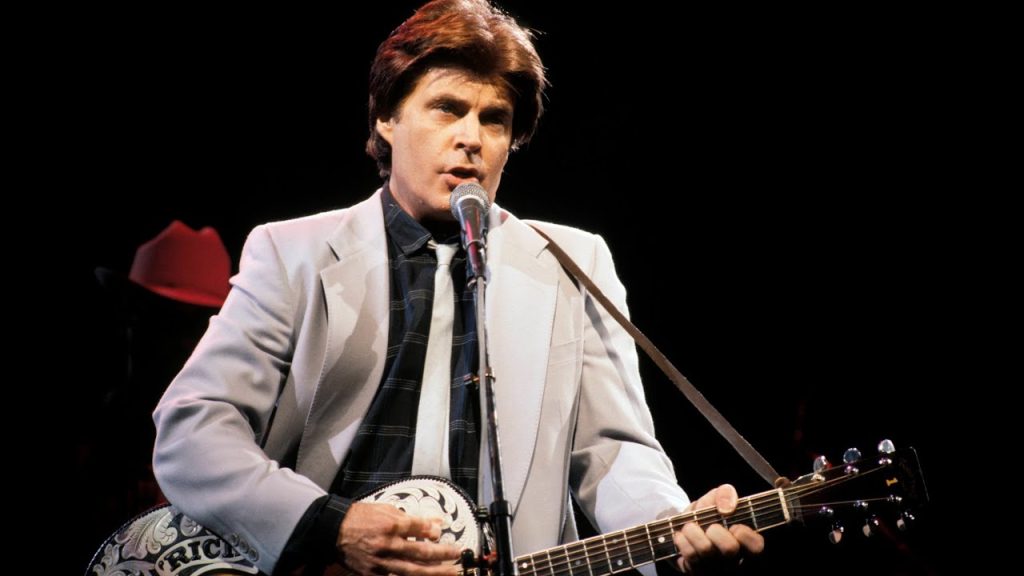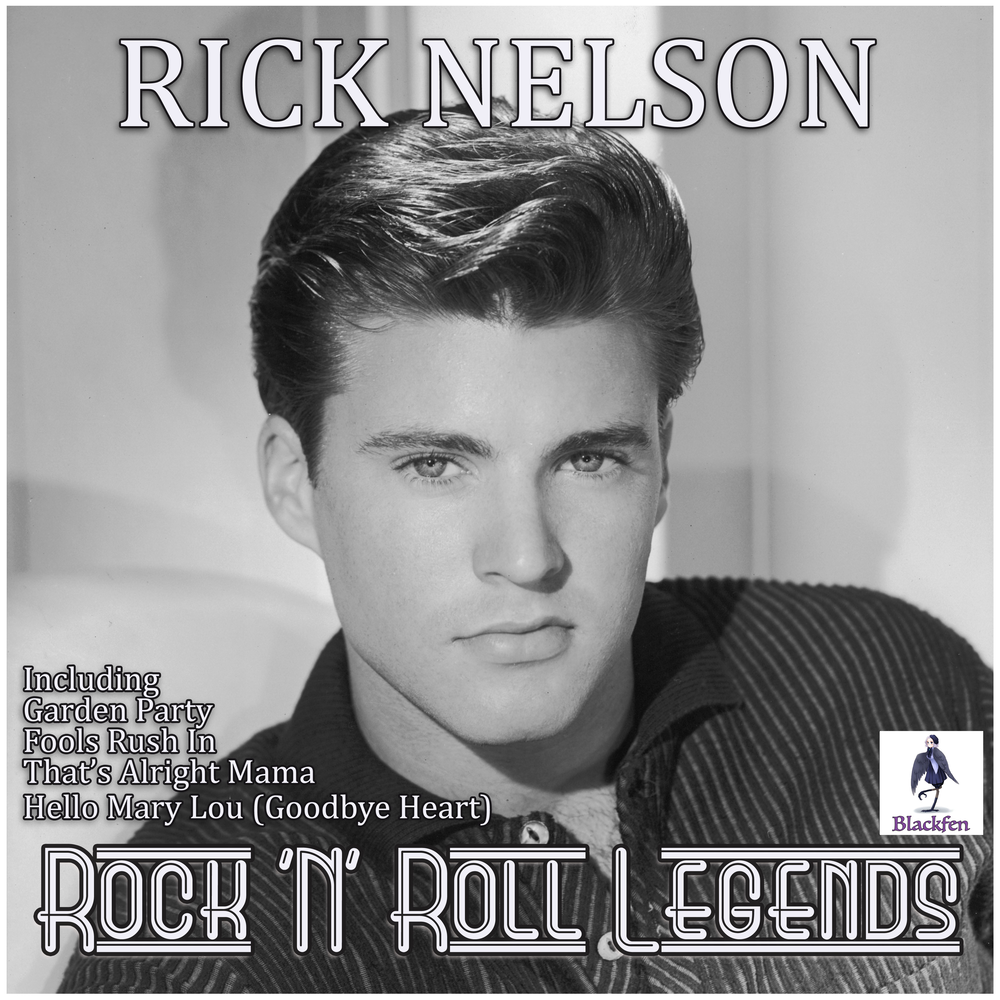
Embracing Authenticity in a World of Expectations
In the autumn of 1972, Ricky Nelson released a song that would become emblematic of his career’s evolution and his personal journey through the tumultuous landscape of fame and artistic identity. That song was none other than “Garden Party.” Released as part of the album also titled Garden Party, this track climbed to number six on the Billboard Hot 100 chart, resonating with audiences who found solace in its poignant message. For those who lived through the era, the song is not merely a tune but a reflective anthem that touches on the enduring quest for authenticity amidst societal expectations.
The story behind “Garden Party” is as compelling as the song itself. It was inspired by a real-life event: a concert Nelson performed at Madison Square Garden in October 1971. The event was meant to be a nostalgic celebration featuring many artists from the early rock ‘n’ roll era. However, what transpired was a stark reminder of how quickly public sentiment can turn, especially when tethered to memories of the past. As Nelson took to the stage, eager to share both his classic hits and new material, he was met with an unexpected reaction. The audience, yearning for nostalgia, expressed their discontent when he performed songs that were unfamiliar to them.
This experience left an indelible mark on Nelson, compelling him to pen “Garden Party.” The song eloquently captures his realization that trying to please others at the expense of one’s true self can be a fruitless endeavor. The lyrics carry an introspective wisdom, encapsulating the sentiment in the line, “You can’t please everyone, so you’ve got to please yourself.” For listeners who have navigated life’s various expectations—whether from society, family, or even oneself—this message rings profoundly true.
The release of “Garden Party” marked a pivotal moment in Ricky Nelson‘s career. It was both a commercial success and a critical triumph, praised for its candidness and maturity. The song’s folk-rock style blended seamlessly with Nelson’s smooth vocals, creating a sound that felt both fresh and familiar. For those who had followed his career from his early days as a teen idol to his more mature artistic pursuits, “Garden Party” felt like a bridge between the past and present—a reminder that growth often involves embracing change rather than resisting it.
For older generations who reminisce about simpler times or reflect on their own journeys through life’s garden parties, the song evokes a sense of nostalgia intertwined with introspection. It invites listeners to consider their own experiences with authenticity and acceptance. In an ever-changing world where expectations are often imposed from all directions, “Garden Party” stands as a testament to staying true to oneself.
In essence, Ricky Nelson‘s “Garden Party” is more than just a song; it’s an enduring narrative about finding one’s voice amidst the clamor of external demands. It’s a melody that transcends time, speaking directly to anyone who has ever struggled with being true to themselves while navigating the complex tapestry of life’s social gatherings. As such, it remains a cherished piece of musical history—a reminder that at life’s grandest celebrations, authenticity is the most valuable gift we can offer ourselves and others.
